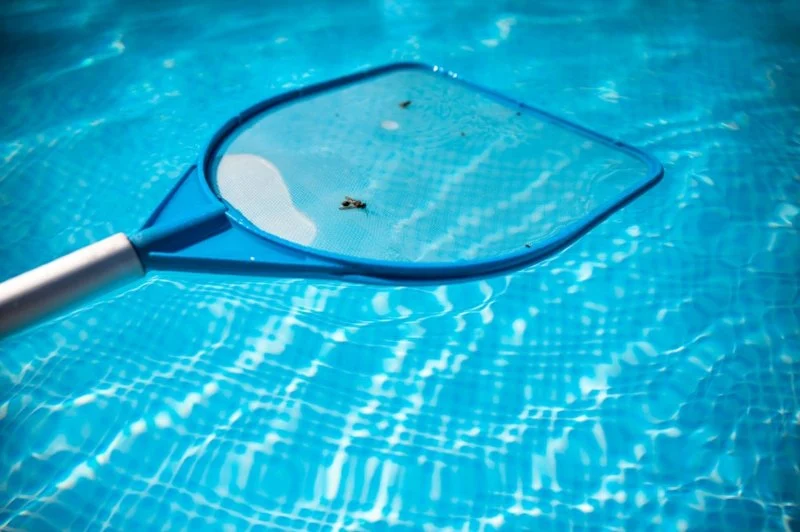
- Understanding-Pest-Issues-Near-Pools
- Common-Pests-Around-Pool-Areas
- Why-Pools-Attract-Pests
- Preventing-Pests-Around-Pools
- Natural-Methods-for-Poolside-Pest-Control
- Chemical-Solutions-for-Poolside-Pest-Control
- Real-Life-Examples-of-Poolside-Pest-Control
- When-to-Seek-Professional-Help-for-Pool-Pests
1. Understanding Pest Issues Near Pools
Pools provide a relaxing and refreshing environment, especially during hot summer months. However, they also create an inviting atmosphere for various pests. The combination of water, shade, and food sources near pool areas can attract a wide variety of insects, rodents, and even larger wildlife. As enjoyable as it is to lounge by the pool, pest issues can quickly ruin the experience.
Pests around pools range from insects like mosquitoes and ants to larger animals like rodents and raccoons. Understanding which pests are attracted to pool areas and why they are drawn to these spaces is the first step in creating an effective pest control strategy. This article explores how to deal with pest problems around pools and offers practical tips for keeping your pool area pest-free.
2. Common Pests Around Pool Areas
2.1. Mosquitoes
Mosquitoes are one of the most common pests found around pools. These insects thrive in standing water, making pools and hot tubs prime breeding grounds. Female mosquitoes lay their eggs in stagnant water, where the larvae can develop. While mosquitoes are not only a nuisance, they can also transmit diseases such as West Nile virus and Zika virus.
2.2. Ants
Ants, particularly fire ants, are often found around pool areas. They are attracted to sugary substances like spilled drinks, food crumbs, and even the chlorine in the pool water. Fire ants can pose a serious health risk to humans and pets due to their painful stings and aggressive nature.
2.3. Wasps and Bees
Wasps and bees are drawn to pool areas, especially when there are flowers or food nearby. Wasps can be particularly aggressive, especially when defending their nests, while bees are attracted to sweet scents. Their presence near the pool can make it difficult for guests to relax.
2.4. Rodents
Rodents, such as mice and rats, may be attracted to the food scraps left around poolside areas or may seek shelter in nearby bushes, sheds, or decks. Rodents are not only a nuisance, but they can also carry diseases that pose a health risk to humans.
3. Why Pools Attract Pests
3.1. Water Sources
Water is one of the main factors that attract pests to pools. Mosquitoes, for example, lay their eggs in stagnant water, and pools provide an ideal environment for this. Even small amounts of standing water, such as in the pool cover or surrounding containers, can attract pests.
3.2. Food and Waste
Pools are often surrounded by outdoor dining areas where food is consumed. Spilled drinks, snacks, and food scraps can attract ants, rodents, and wasps. Additionally, sugary beverages and sunscreen can leave residue on the pool deck, which may draw pests to the area.
3.3. Shelter and Shade
The shaded areas near pools, such as under poolside furniture, plants, or overhanging trees, offer shelter and hiding spots for pests. This makes it easy for pests to find a cool, sheltered place to rest, especially on hot days when they are looking for shade and a place to nest.
4. Preventing Pests Around Pools
4.1. Maintain Pool Hygiene
One of the best ways to prevent pests around the pool is to maintain the cleanliness of your pool area. Regularly clean the pool and surrounding areas, including the deck, to remove food crumbs, debris, and other attractants. Additionally, make sure to keep pool water clean and properly chlorinated to reduce mosquito breeding sites.
4.2. Eliminate Standing Water
Mosquitoes are drawn to standing water, so it’s important to eliminate any sources of stagnant water around your pool. Check for water accumulation in pool covers, flowerpots, and nearby gutters, and make sure they are emptied regularly. Keeping your pool’s filtration system in good working condition is essential for preventing mosquito larvae.
4.3. Install Screens or Covers
To prevent pests from entering your pool area, consider installing screens or pool covers. For example, a pool net or mesh cover can help keep debris and insects out of the water, while outdoor mesh screens around your pool area can reduce the number of flying insects, such as mosquitoes and wasps.
5. Natural Methods for Poolside Pest Control
5.1. Essential Oils
Essential oils like citronella, eucalyptus, and peppermint can be effective at repelling mosquitoes and other pests. You can use essential oils in diffusers around the pool area, or mix a few drops with water and spray it around the pool. These oils are a natural way to create a pest-free environment without harmful chemicals.
5.2. Diatomaceous Earth
Diatomaceous earth (DE) is a natural substance made from fossilized algae that can help control pests like ants and slugs. It works by dehydrating the pests when they come in contact with it. You can sprinkle food-grade diatomaceous earth around the pool area to help keep ants and other pests at bay.
5.3. Beneficial Insects
Certain beneficial insects, such as ladybugs and lacewings, can help control pest populations around the pool. These insects prey on pests like aphids and mites, helping to naturally reduce pest numbers. You can attract beneficial insects by planting native plants and flowers around the pool area.
6. Chemical Solutions for Poolside Pest Control
6.1. Insecticides
Chemical insecticides can be effective for controlling pests around the pool, but they should be used with caution, especially in sensitive areas. Choose insecticides that are specifically labeled for use around pools, and always follow the manufacturer’s instructions. Be sure to apply the product when the pool is not in use and give it time to dry before allowing people or pets near the treated area.
6.2. Rodent Baits
If rodents are a problem near your pool area, rodent baits can be an effective solution. Place the baits in areas where rodents are likely to travel but out of reach of pets and children. Make sure to follow all safety instructions when using rodent baits around the pool area.
7. Real-Life Examples of Poolside Pest Control
A family in Florida was struggling with a mosquito infestation around their pool. After trying several traditional methods, they decided to use citronella candles and essential oil sprays, which significantly reduced the mosquito population. With consistent use, they found their pool area much more enjoyable and pest-free during the summer.
Similarly, a homeowner in Arizona was dealing with a recurring ant problem around their pool area. After applying diatomaceous earth around the perimeter of the pool, the ant population decreased, and the pool area remained ant-free for months without the use of harmful chemicals.
8. When to Seek Professional Help for Pool Pests
If pest problems around your pool become too severe or difficult to manage on your own, it may be time to call in professional pest control services. Experts can conduct a thorough inspection of your pool area, identify the types of pests present, and offer tailored solutions that are both effective and safe.
For trusted advice, product recommendations, and expert pest control services, visit PestControlHub. Their extensive resources and reviews can help you keep your pool area pest-free all season long.
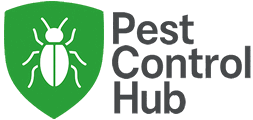
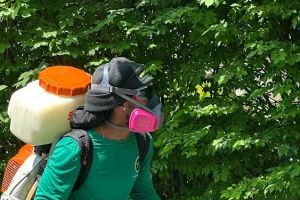
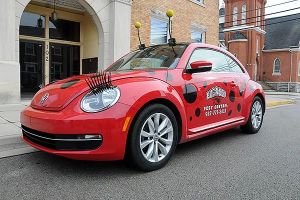
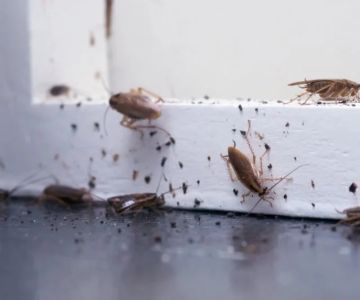
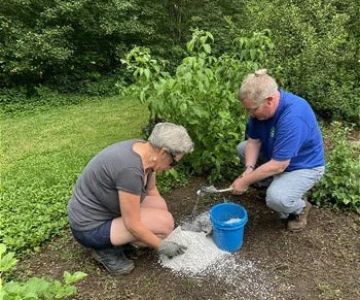
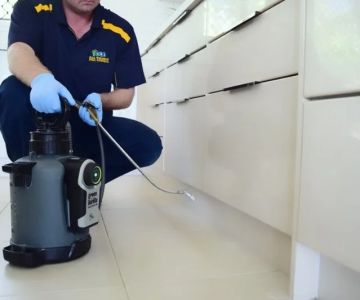
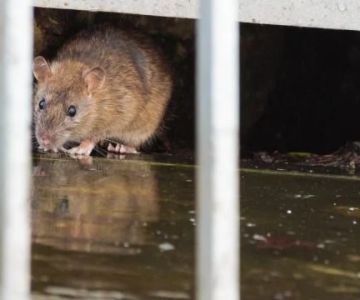
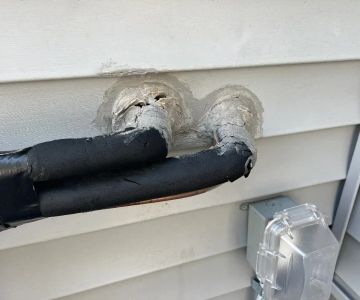
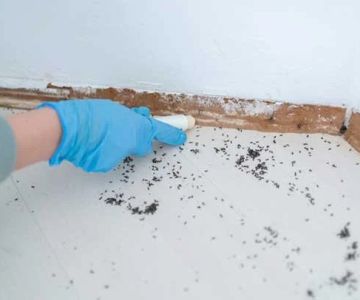
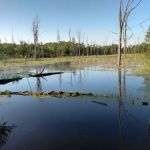 Wildlife Resolutions4.0 (443 reviews)
Wildlife Resolutions4.0 (443 reviews) Pest Marshals of Toledo5.0 (2 reviews)
Pest Marshals of Toledo5.0 (2 reviews)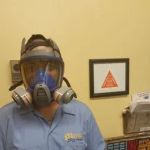 LS Rodent Proofing & Pest Control Service5.0 (4 reviews)
LS Rodent Proofing & Pest Control Service5.0 (4 reviews) Best Termite & Pest Control4.0 (16 reviews)
Best Termite & Pest Control4.0 (16 reviews)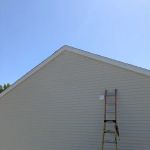 Varment Guard Wildlife Services5.0 (28 reviews)
Varment Guard Wildlife Services5.0 (28 reviews)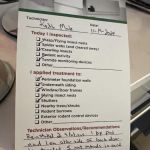 Pestban Inc4.0 (394 reviews)
Pestban Inc4.0 (394 reviews)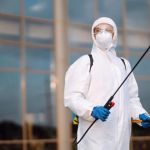 How to Use Monitors to Detect Pest Entry: A Comprehensive Guide
How to Use Monitors to Detect Pest Entry: A Comprehensive Guide How to Predict Which Pests Will Invade Next – Smart Pest Forecasting for the U.S.
How to Predict Which Pests Will Invade Next – Smart Pest Forecasting for the U.S.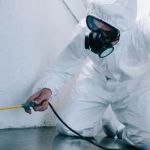 How to Conduct a Pest Risk Assessment at Home – Expert Guide
How to Conduct a Pest Risk Assessment at Home – Expert Guide How to Block Pest Entry Around Deck Joists: Effective Solutions
How to Block Pest Entry Around Deck Joists: Effective Solutions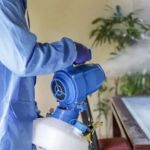 How to Safely Use Fumigation Methods: A Comprehensive Guide for Homeowners
How to Safely Use Fumigation Methods: A Comprehensive Guide for Homeowners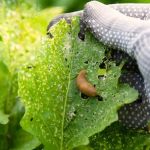 Why Pests Are More Active After Rain: Understanding the Link Between Weather and Pest Behavior
Why Pests Are More Active After Rain: Understanding the Link Between Weather and Pest Behavior